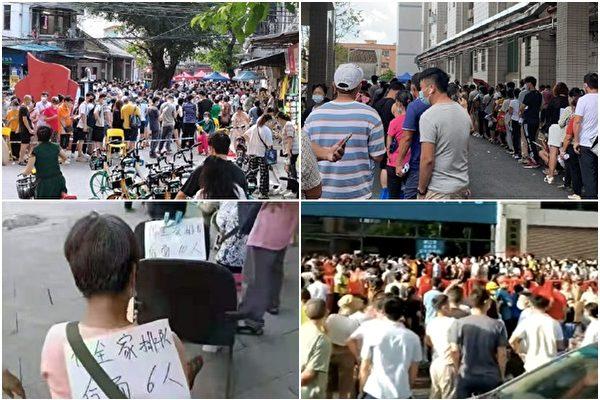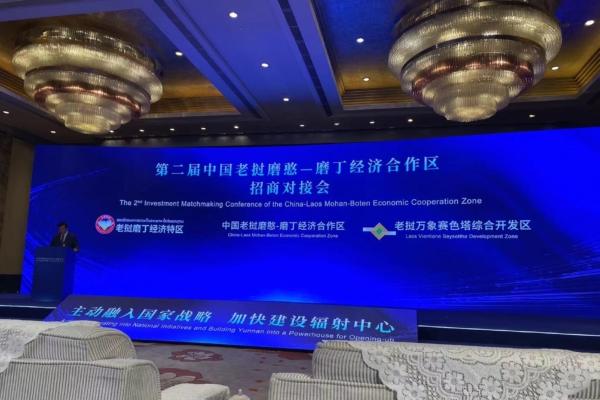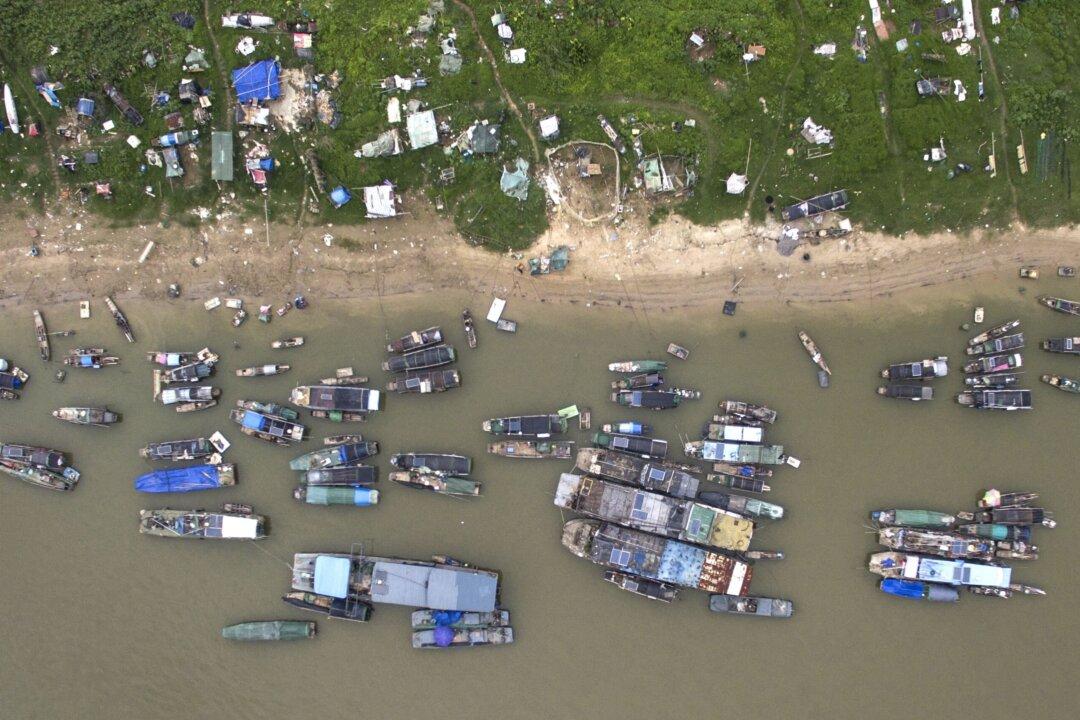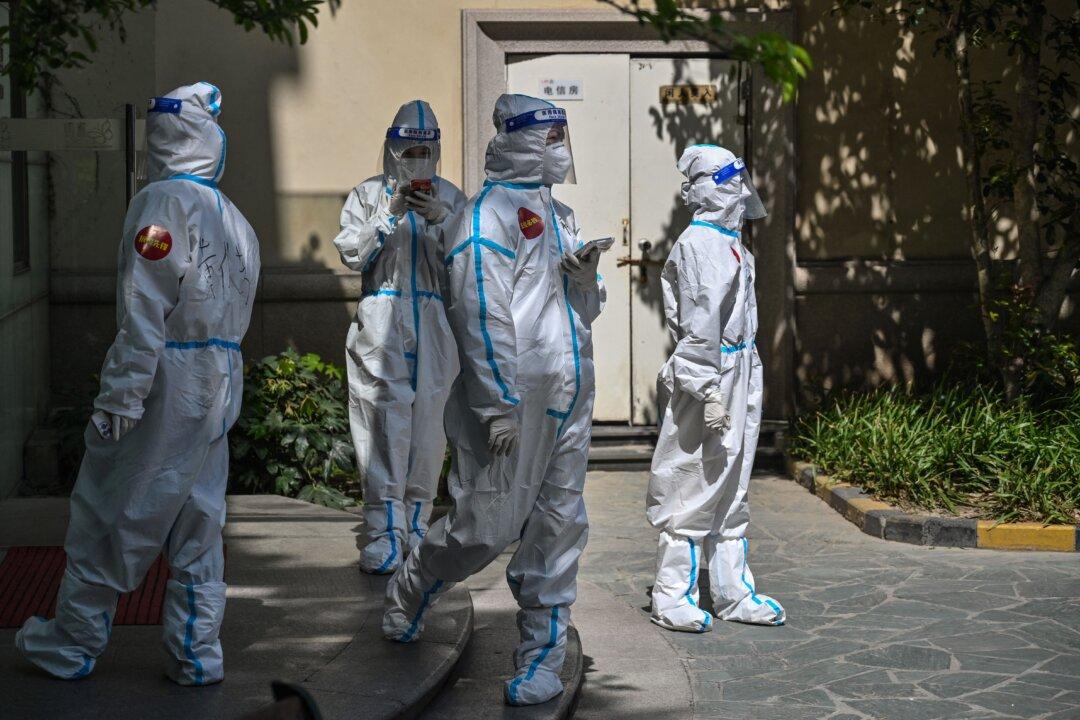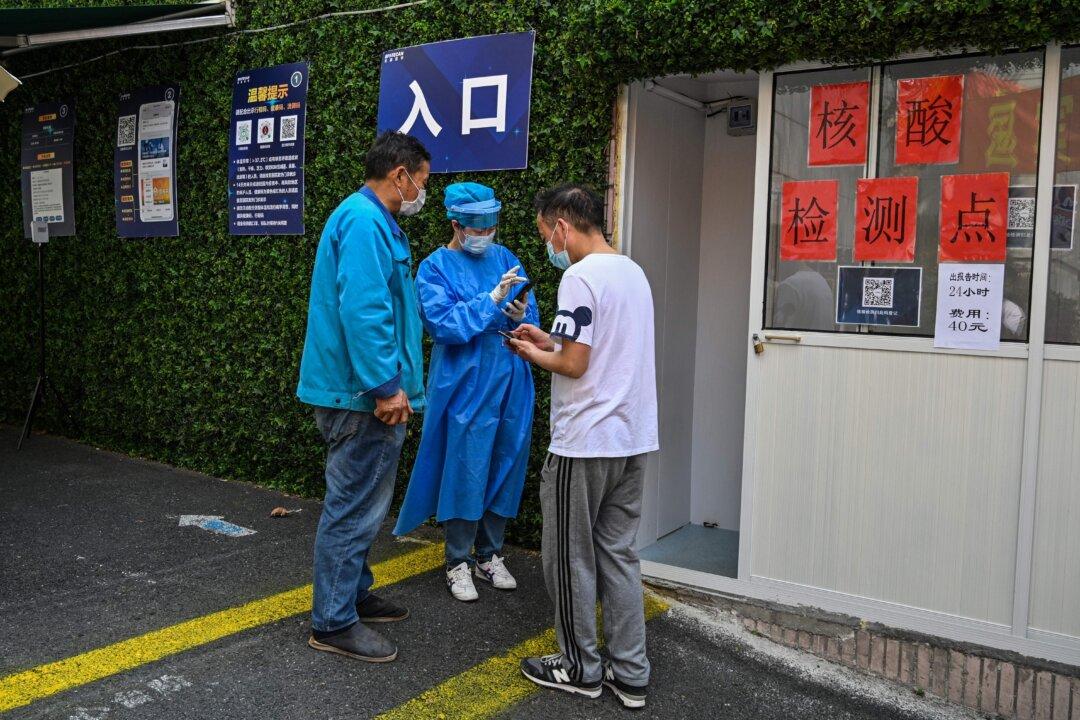Guangzhou, the capital of Guangdong, a province in southern China, was reported to be severely affected by the Indian variant of the CCP virus. More than 60 percent of its residents have already been vaccinated, yet Guangzhou remains a hotbed for the virus, which has raised questions about the vaccine’s effectiveness.
On June 5, seven cities including Zhuhai, Zhongshan, Dongguan, Shenzhen, Huizhou, Qingyuan, and Shaoguan dispatched 5,600 medical staff to support Guangzhou, despite there already being more than 170,000 medical staff in Guangzhou by the end of 2020. This raised suspicion that the actual epidemic situation may be much more serious than what the CCP (Chinese Communist Party) reported.
